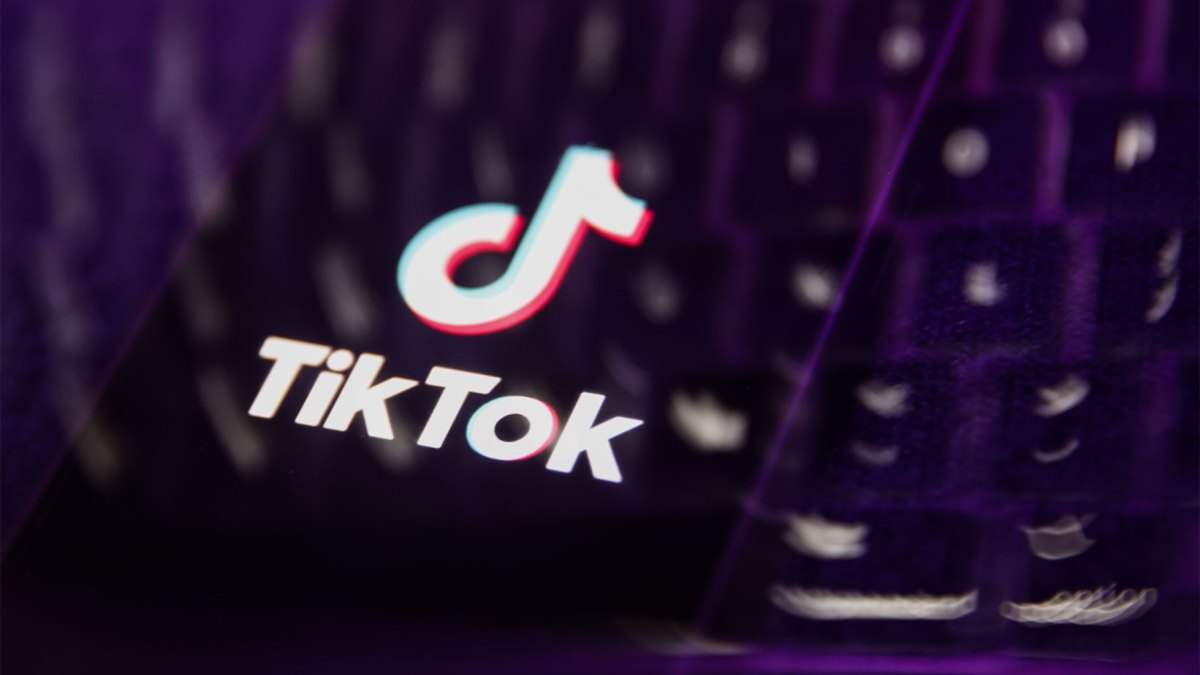TikTok is now subject to not one but two open Digital Services Act (DSA) investigations after the European Union announced on Tuesday that it has opened a formal proceeding focused on election risks — and specifically risks in the context of recent elections in Romania.
The probe will focus on TikTok’s recommender systems — principally “risks linked to the coordinated inauthentic manipulation or automated exploitation of the service”, per the Commission. The EU will also look at TikTok’s policies on political advertisements and paid-for political content.
“As regards both elements, one of the suspicions the Commission is going to investigate is whether TikTok has diligently mitigated the risks posed by specific regional and linguistic aspects of national elections,” the bloc added in a press release.
The move follows a data retention order the EU sent to TikTok earlier this month as concerns swirled about election interference playing out on the video-sharing platform after a shock first round result in Romania’s presidential election.
That retention order covered national elections in the EU spanning a more than four month period — from November 24 until March 31, 2025 — underscoring the scope of the Commission’s alarm as it works to enforce the DSA on a major platform.
The pan-EU online governance framework has, since late August 2023, required larger platforms like TikTok to assess and mitigate a range of risks that may arise on their services — including risks to election security and democratic processes. Failure to do so could lead to penalties of up to 6% of global turnover.
While no DSA fines have been issued on any platforms so far, back in the summer TikTok agreed to some product changes which closed an earlier Commission investigation into addictive design concerns. And the bloc’s lawmakers are clearly keen for the regulation to move the needle by actually reducing risks for web users.
Declassified intelligence reports
In the case of the electoral process in EU Member State Romania, however, the opposite appears to be true: declassified documents from multiple government agencies suggest TikTok failed to prevent fake accounts from being used to artificially boost and algorithmically amplify content promoting a pro-Russian, far right candidate in the first round of voting for the presidency. The country’s top court has since annulled the result.
The Commission said the decision to open an investigation on TikTok’s approach to election security in Romania takes into account information received from declassified intelligence reports by government authorities and “third-party” reports.
“The investigation also follows the analysis of the risk assessment reports submitted by TikTok in 2023 and 2024, the replies to the Commission’s requests for information, and internal documents provided by TikTok,” the EU added, referencing a raft of data requests DSA enforcers have sent the company since the regulation’s rules for very large online platforms (aka VLOPs) began to apply last year.
While it remains to be seen what the outcome of this latest proceeding will be — and it’s worth noting that an earlier Commission probe of child safety risks on TikTok is ongoing since February — nor is there a set time for the EU to conclude DSA investigations, the fact of opening a formal proceeding unlocks additional enforcement powers. Such as the ability for the Commission to issue interim measures if it feels risks are pressing. So more enforcement could follow — and sooner rather than later.
The importance the bloc is attaching to this latest TikTok investigation is signalled by the inclusion of a statement by the EU’s president, Ursula von der Leyen, herself — who wrote: “We must protect our democracies from any kind of foreign interference. Whenever we suspect such interference, especially during elections, we have to act swiftly and firmly.”
“Following serious indications that foreign actors interfered in the Romanian presidential elections by using TikTok, we are now thoroughly investigating whether TikTok has violated the Digital Services Act by failing to tackle such risks. It should be crystal clear that in the EU, all online platforms, including TikTok, must be held accountable,” von der Leyen added.
In slightly more emollient remarks, Henna Virkkunen, the bloc’s fresh-in-post EVP for Tech Sovereignty, Security and Democracy, said she “look[s] forward to working closely with TikTok to address any concerns that may arise”.
Reached for a response to the new investigation, TikTok spokesman Elliott Burton sent a statement in which the company claimed: “We’ve protected the integrity of our platform through over 150 elections around the world and continue proactively addressing these industry-wide challenges. TikTok has provided the European Commission with extensive information regarding these efforts, and we have transparently and publicly detailed our robust actions.”
“We do not accept paid political advertisements, we proactively remove content for violating our policies on misinformation, harassment and hate speech, and continue to work with the European Commission as well as regional and national authorities to address requests and discuss concerns,” TikTok added.
Regarding the Romanian elections specifically, the company claims it detected and disrupted five small covert networks targeting the election — publishing details of what it found here. It also claims to have removed “hundreds of thousands” of fake accounts and “millions” of fake likes and followers. TikTok also suggests it has responded promptly to content-related requests from authorities under Romanian laws to date and says it continues to do so.

